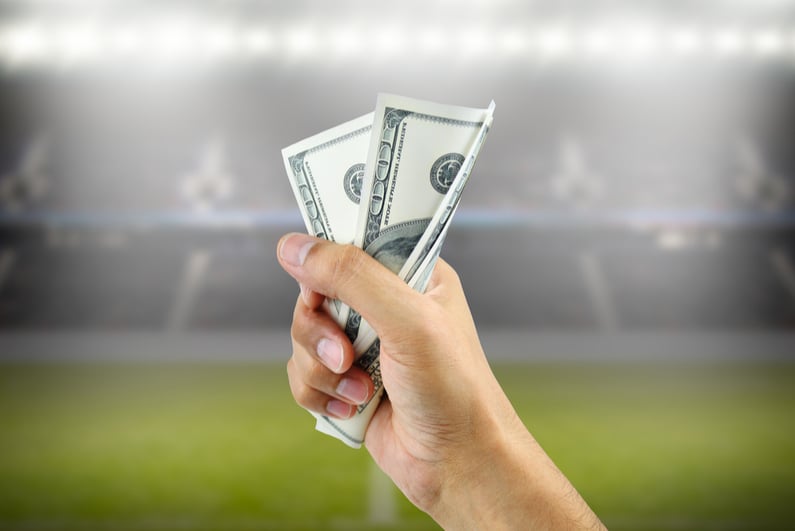30-second summary
- DraftKings held the first Sports Betting National Championship in New Jersey
- The total prize pool was $2.5m (£1.9m), with the winner to get $1m (£780,000)
- A participant has filed a civil suit, alleging that some participants got an unfair advantage
- Some players did not have their bankrolls available to them when needed, while others did
Details of this civil suit
A class action civil complaint has been filed against sports betting operator DraftKings in New Jersey. The suit alleges that DraftKings acted negligently and arbitrarily during its Sports Betting National Championship.
This event took place over the weekend of January 12. The first iteration of the competition had a $2.5m prize pool at stake. The conclusion was marred by controversy.
The plaintiff in this case is Christopher Leong, a competitor in the event.
Leong claims that the exact same bets of similar stakes and similar types of events were sometimes accepted, while others were rejected arbitrarily by the operators of the competition. He also alleges that winning wagers were settled at different times, which was a major issue for the leader of the competition on the final day.
How did this event work?
Each participant in the competition began with a real money bankroll of $5,000 (£3,883). Any wager made as part of the DraftKings sports betting offering in New Jersey on the Friday and Saturday was considered an entry in the competition.
The final day of action for the event was Sunday. Only two NFL games were part of the competition. Whoever managed to have the biggest bankroll by the end of the competition was to be the winner.
There were more than 200 entrants. The buy-in was $10,000 (£7,766) and the competition took place in Jersey City. Rufus Peabody was the leader in the early stages. Despite winning an earlier bet, the winnings did not get into his account until after the second NFL game had already started.
As a result, he was unable to place a bet on the game involving the New Orleans Saints and the Philadelphia Eagles. The difference in time between the ending of the first game and the starting of the second game was four minutes. Some of those taking part in the event did have their winnings credited in time for the second game.
What was the end result?
Peabody ended up finishing in third place. He is not involved in this civil suit but, he is discussing his options with an attorney.
Leong alleges that he also faced problems receiving his winnings. In his case, it was during the Saturday session, when it took more than an hour and a half for all of his bankroll to be available to him.
His transaction was processed only after he made his way to the Jersey City headquarters and spoke with the help desk staff. About an hour later, competitors got an email from DraftKings saying that fantasy prop bets would take a longer length of time to process than other types of bets.
The New Jersey Division of Gaming Enforcement is now investigating these complaints. Leong’s civil suit seeks to have his $10,000 entrant fee returned. With treble damages under New Jersey’s consumer protection statute and punitive damages, the total could reach $334,000 (£259,000).
What happens next?
This certainly was not the ending that DraftKings envisioned for the competition. It was supposed to be a powerful marketing ploy to showcase all that their sportsbook had to offer.
Instead, it ended in controversy because their system did not perform well under pressure. However, the winner of the competition certainly will not be complaining. He is Rand Lee, a poker dealer in New Jersey who took home the first prize of $1m.



